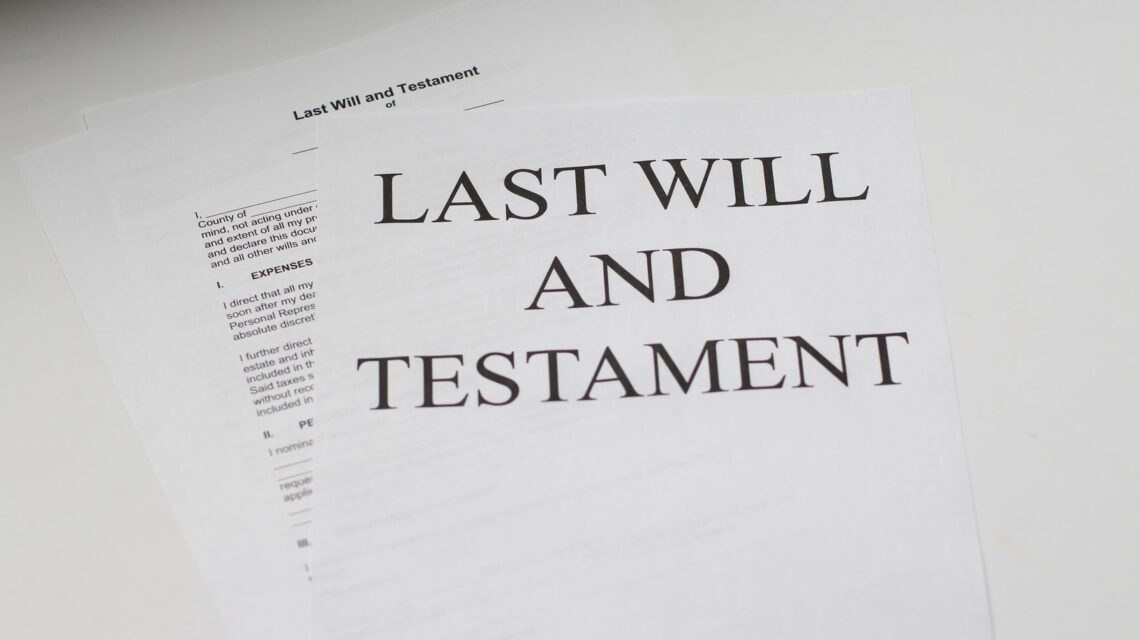When you create an estate plan, you plan out how you want your assets to be distributed after you die. However, what many people do not plan for in creating their estate plans is the possibility of someone challenging their will later on, for example, by arguing you lacked the testamentary capacity required to create a valid will. One option to discourage challenges to your will after you die is the inclusion of a “no contest clause,” also known as an “in terrorem clause” (translated from Latin to mean “so as to produce terror”). A no contest clause is a provision in a will stating that if a devisee challenges…
-
-
Breach of Trustees’ Fiduciary Duty – Part 3: Duty to Administer Trusts Prudently and Duty to Inform, Report, and Maintain Adequate Records
In Part 2 of this series, we examined trustees’ duties of loyalty and impartiality. This post will examine the duty to administer trusts prudently and Part 4 will discuss the duty to delegate – or not delegate – in more depth. The duty to administer trusts involves the basic values of good faith, while the duty to inform, report, and maintain adequate records involves the reasonableness of a trustee’s actions. While these principals seem straight forward, they are a bit nuanced in practice. Duty to Administer Trusts Prudently The duty to administer trusts prudently mandates trustees carry…
-
Rule 11 Sanctions and Incompetency Proceedings
In Re Cranor began as a straightforward incompetency proceeding, but devolved into a Rule 11 battle between two North Carolina attorneys.[1] The proceeding centered on a woman named Carole Cranor. Because of her early onset dementia, Carole had difficulty preparing meals for herself, suffered dehydration, and sustained a fall due to her diminished mental capacity. As such, she hired a friend and attorney, Harriet Hopkins, to help her choose a long-term care facility and get her affairs in order. Despite a falling out over their mother’s estate some years back, Frank, Carole’s brother, intervened when he realized Ms. Hopkins drafted a durable power of attorney (“DPOA”)…


